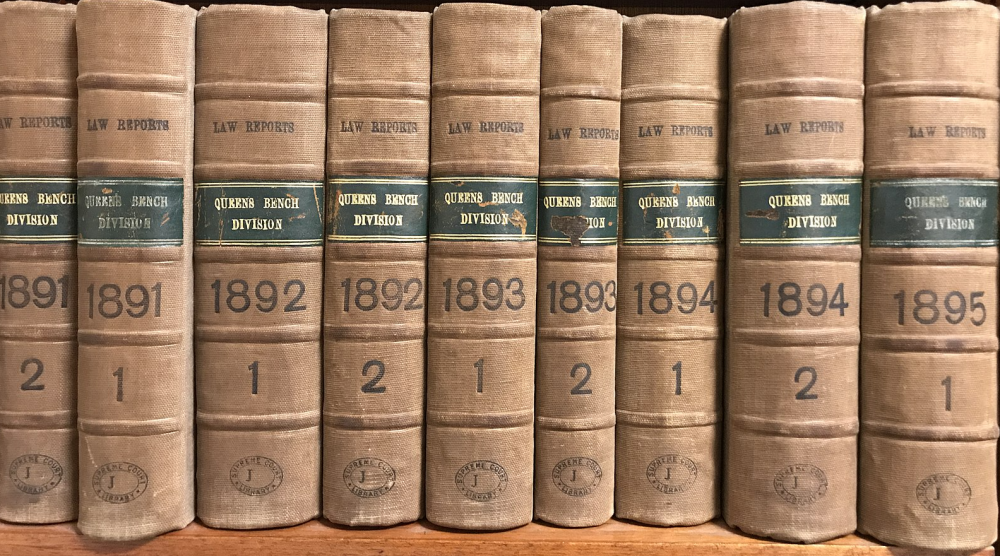Re Bank of Credit and Commerce International SA (No 8)
|
The Jolly Contrarian Law Reports
Our own, snippy, in-house court reporting service.
|
The leading case on charges over bank accounts. Some good nuggets:
The general rule is that a secured creditor is not obliged to resort to its security but can still claim repayment from the debtor, leaving the security alone. In China and South Sea Bank Ltd. v Tan Soon Gin (alias George Tan) [1990] 1 AC 536, where the security was a share mortgage and a personal surety, Lord Templeman said:
The creditor had three sources of repayment. The creditor could sue the debtor, sell the mortgage securities or sue the surety. All these remedies could be exercised at any time or times simultaneously or contemporaneously or successively or not at all.
